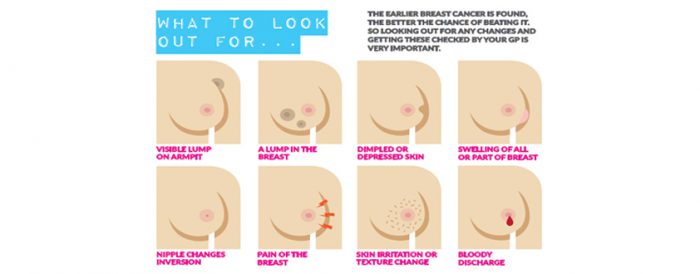Other forms of treatment including chemotherapy, radiotherapy and endocrine therapy will be discussed and offered according to the characteristics of cancer.
For More about Breast Surgery,you can reach directly to Dr. Arun Bhardwaj at +91-8506856072, 9716972820
